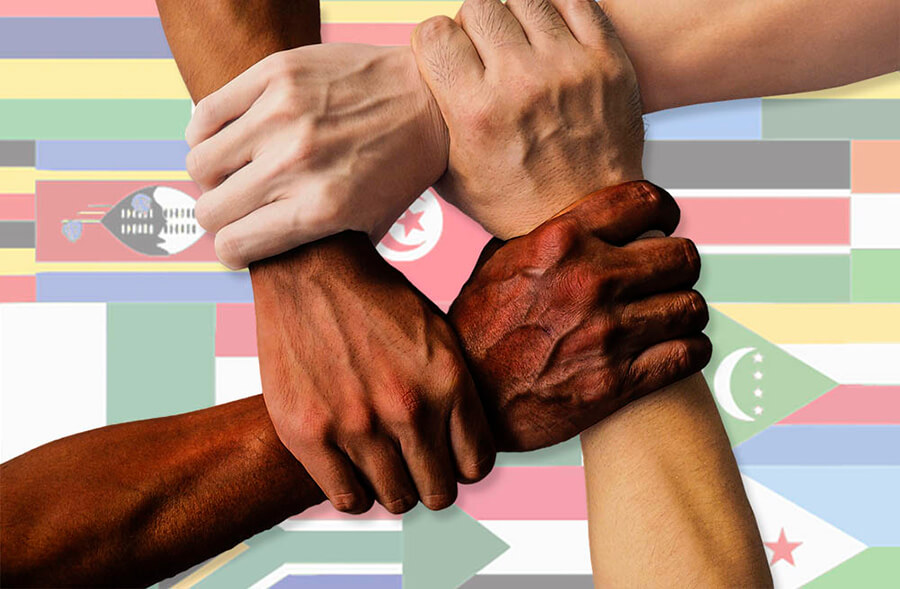The domino effect of the coronavirus pandemic will plunge many economies into recession and means the African Continental Free Trade Agreement (AfCFTA) is now needed more than ever to ensure that member states are trading with each other and supporting one another at this time, according to Banji Fehintola, senior director and head of treasury at the Africa Finance Corporation (AFC). He says South Africa has a very important part to play. It is the most industrialised and diversified economy on the continent and is one of the only financial markets that is sound enough to be tapped for infrastructure projects. “Trade finance and infrastructure finance are incredibly important in the creation of growth across Africa. However, since the global financial crisis of 2008/2009, some global banks have retreated from emerging markets, including Africa. These means credit capacity from global banks for African Financial Institutions (FI) has reduced considerably, constraining their ability to serve clients’ needs,” he tells Fin24. No amount of policy change or cuts in taxes will truly make Africa competitive when the physical hinderances are ignored, according to Fehintola. He says the AfCFTA is not just a dream, but there is a long way still go before it becomes a tangible reality. The next phase comprises a new set of challenges as the ratifying countries commence implementing the AfCFTA with the goal of truly unlocking Africa’s potential through the free movement of goods, services and people. He points out that the elimination of tariff and nontariff barriers...
Pandemic makes African free trade ‘more important than ever’
Posted on: June 8, 2020
Posted on: June 8, 2020























